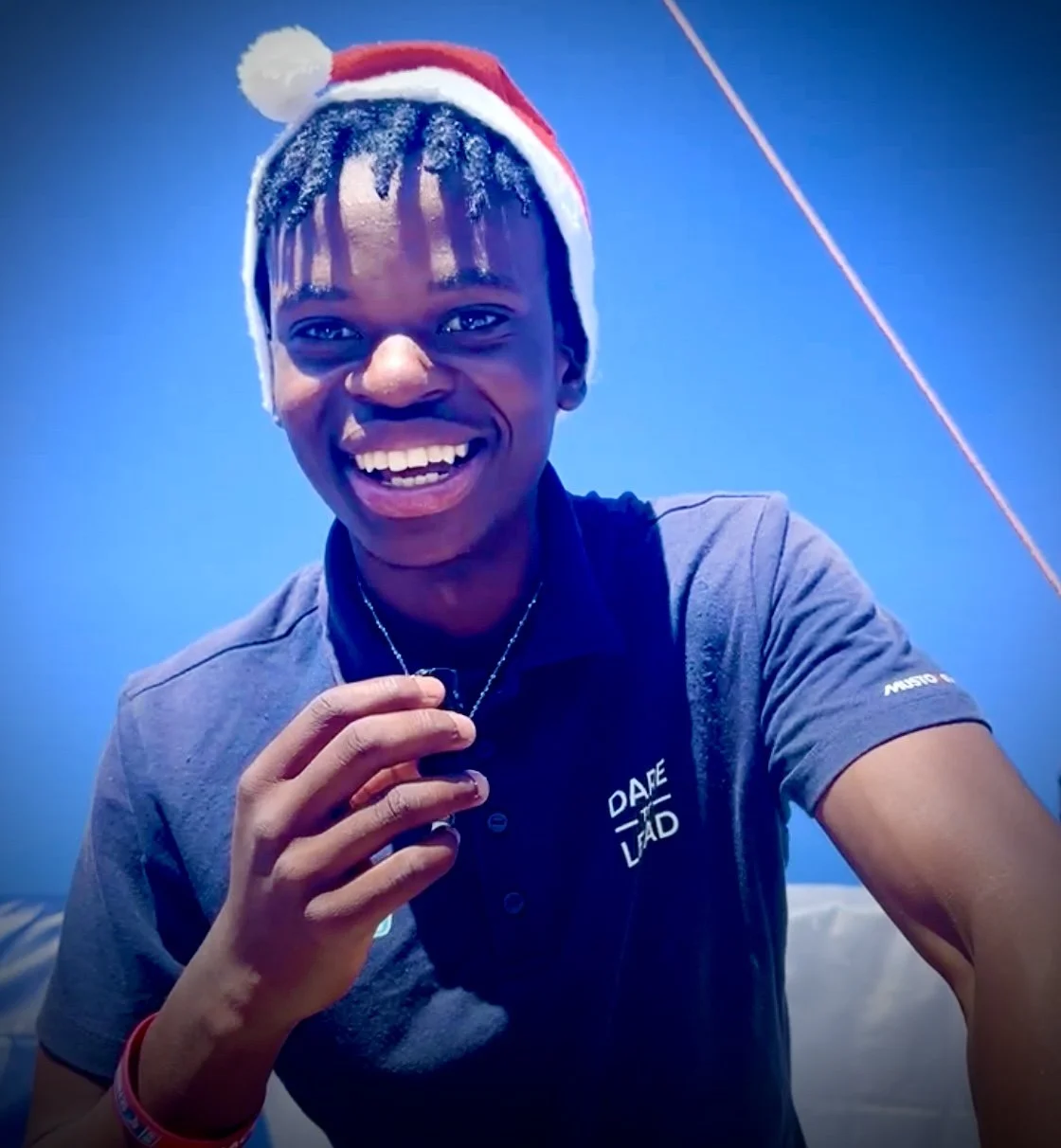Despite this being a relatively short sprint, everyone knew it would be a testing week of close racing where risk taking would be challenging with little room for mistakes and opportunities to recover. Race 6 certainly had a sting in the tail.
Conditions proved testing for the teams, with torrential rain and little to no wind, coupled with the notorious East Australian Current (EAC) running against the fleet all the way up the coast. After an initial upwind section of the race, following a thrilling start out of Newcastle Harbour, the fleet enjoyed downwind conditions up to the tropics ahead of the final of three Aussie stopovers.
The 950nm contest to Airlie Beach was completed in just seven days of sailing. It was very much a game of tactics. Some boats going west to benefit from the protection of the coastline, potentially avoiding strong currents. On the other hand, those going east face more challenges, including navigating through tougher weather conditions and a longer path to the finish line.
“It was a classic low wind, upwind Clipper Race Start,” explained AQP Charlie Warhurst. “The start for us went about as well as we were expecting.” The first night was intense, tacking though the fleet, swapping positions with boats as different routes upwind were selected. The challenge was navigating the first section of the EAC, and due to the fluky winds, Dare To Lead was pushed further north than they were hoping. This meant they had to punch through about 90 miles of adverse currents to get into the ‘backwards’ flow that that would push them up to Airlie Beach.
Charlie’s Birthday was mixed with celebration and frustration, in blistering heat. Skipper Ryan Gibson reported: “It almost feels like the doldrums again already, but we could expect it to get worse which is a scary thought. On the sailing and progress side we are… towards the back of the fleet, however we do like the route we chose staying in the currents offshore. There is a low-pressure system arriving shortly which will bring very light conditions. This period will decide a lot in this race,” and it did.
Unfortunately the eastern routing through the current didn't pay off. Ryan explained: “A few small tactical errors from my end combined with being unlucky with the low-pressure system which puts us at the back of the fleet. However, we are having a great match race with Ha Long Bay Viet Nam.” The skies compensated in some small measure. Ryan added: “I've sailed and visited many places in the world, but these skies are the best I've ever seen. Yesterday morning was a great example… the sun looked like volcano lava burning away behind Bekezela… Not to mention how starry and beautiful the nights have been…including a few shooting stars.”
Not much changed in the last 250nm to Airlie Beach, with the team ultimately finishing in ninth but retaining a strong 6-point lead on the overall leader board.
LESSONS LEARNED
Among the crew for Leg 4, comprising races 5 and 6, was Dare To Lead – Liyaba ambassador Olwami Zungu. He filed an interesting blog prior to crossing the finish line in the Whitsundays, reflecting on the lessons he had learned. He wrote: “A lot seems to be on my mind, like what am I to be after this race, how different will I be when I get home and what difference can I actually make? The change in our ranking from the previous to the current race has made me realise a lot about the boat I am in, the skipper (Ryan) and AQP (Charlie), and the crew.
Olwami on arrival into Newcastle, Australia
“Ryan’s leadership on the boat inspires me to take lead of my own life. Charlie’s composure teaches me not to rush everything I do in my life. The combination of both shows me that there is always a way of making things work when they are not in your favour. The crew allowed me to embrace myself from different perspectives. Despite our failed techniques, the team energy stayed consistent, and everybody still smiling and laughing. We celebrate the wins of our fellow competitors as we understand the hardships of the ocean, we all sail in.”
Equally important is the fact that in port they party together with the other teams. That combination is “what makes the boat go faster,” says Olwami: “But the faster it goes the fewer days I have to spend with these wonderful people, which saddens me. The view of stars will not be the same when seen alone and understood by no one because not many I know have crossed the ocean.
“Abundant lessons learned from the two races most of which will shape me into the person I desire to be and some of which I can tell the younger children growing up with ambitious dreams surrounded by barbed wire telling them they cannot achieve the achievable. As we journey to the mandatory gates my appreciation for life and family, as a whole, increases; concepts of unity and growth become more vivid. A lot of words to be spread across my country, small steps to be taken and big changes to be forever made.”



